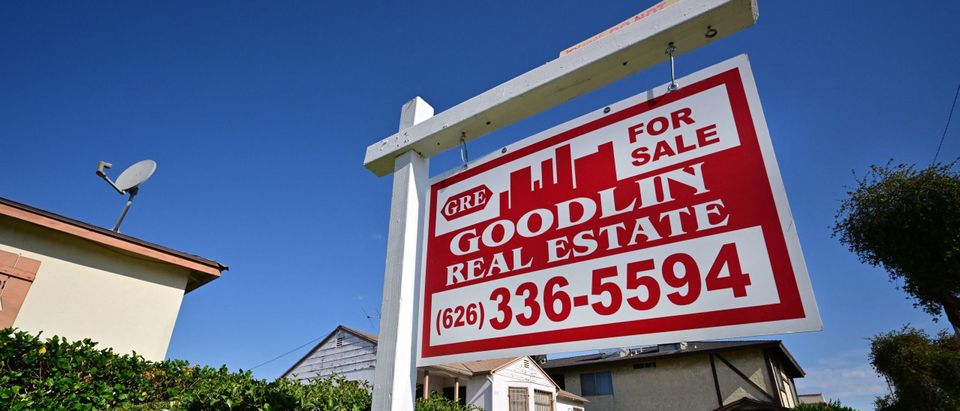One of the obvious problems created when health care is declared a right is the instant increase in demand for services that could not possibly be met. The same would happen if housing is identified as a right, a step that California is considering.
“Establishing a right to health care creates the prospect of infinite demand for care,” PRI President and CEO Sally Pipes wrote in 2020. “But health care goods and services are necessarily scarce. There’s no way to create an unlimited supply to meet that potential demand.”
It’s an easy concept most can grasp, though it seems to be outside the abilities of Sacramento lawmakers. Assemblyman Matt Haney, a San Francisco Democrat, has introduced a bill, ACA-10, that proposes an amendment to the California Constitution that would create a “fundamental human right to housing.” Should the resolution be approved by lawmakers, Californians would then vote on it in 2024 — and it will probably win by a wide margin. A 2020 poll found that two-thirds of state voters support an amendment guaranteeing a right to housing.
The voters who say “yes” will of course assume that the pressure on California’s housing market will be relieved. It’s unlikely their expectations will be met, though. Just as other hard-left California trends, such as universal basic income and reparations, are destined to fall short of their goals and will create countless unforeseen problems, housing-for-all will disappoint and self-defeat in every state that adopts it. As people begin to exercise their new “right,” the demand for an already scarce resource will inevitably grow. So will the headaches for those who have to decide how this new right would be applied in practice.
California’s now long-term housing crisis is not improving — the Los Angeles Times reports that a “majority of voters remain disillusioned with housing costs” in the state — which has made it yet again an active central policy battleground. While there is an acute shortage of affordable housing, there is no shortage of legislative proposals for resolving the problem. It’s a collection of bills that will help at the margins and bills that will offset the good they do, leaving the state with, at best, no net gain.
Even if the good far outweighed the bad, California will suffer from its entrenched housing problem as long as the California Environmental Quality Act remains on the books. Signed in 1970 by then Gov. Ronald Reagan, an effort to ensure reasonable environmental protections has become a handy weapon to beat back development. As the Pacific Research Institute has found, companies have used it to entangle rivals in business-crippling lawsuits, activists to block construction for political rather than environmental reasons, and unions to leverage better labor deals.
Both Democratic Gov. Gavin Newson and his predecessor, Gov. Jerry Brown, have been critical of how CEQA has been used to hold up and often kill commercial and infrastructure projects. Newsom said earlier this year that the “CEQA process is clearly broken,” while during his second eight-year tour in the governor’s office, Brown called CEQA reform “the Lord’s work.”
Until this roadblock is removed — not just by nibbling around its edges but through a bold repeal-and-replace legislative initiative — California homes will remain unaffordable to many and a financial drain to those whose mortgage or rent payments leave little left over at the end of the month.
But history repeats itself, and the piece of legislation that has become California’s third rail is still the law. Even Newsom’s modest CEQA reform proposals, which didn’t directly address housing, have been frustrated by the Legislature.
The same Legislature believes itself to be the public policy lab for the rest of the country, and would be pleased if a right to housing became enshrined across the U.S. That such a right would require others to give up their rights is immaterial to all but a minority of California lawmakers. This is because the purpose of passing policy in Sacramento is no longer a matter of public service but instead an exercise in impressing progressive counterparts in 49 other statehouses. It’s been that way for a long time.
Kerry Jackson is a fellow with the Center for California Reform at the Pacific Research Institute.
The views and opinions expressed in this commentary are those of the author and do not reflect the official position of the Daily Caller.


